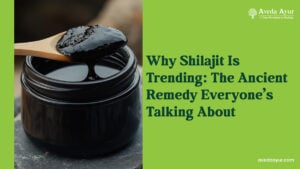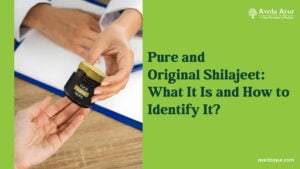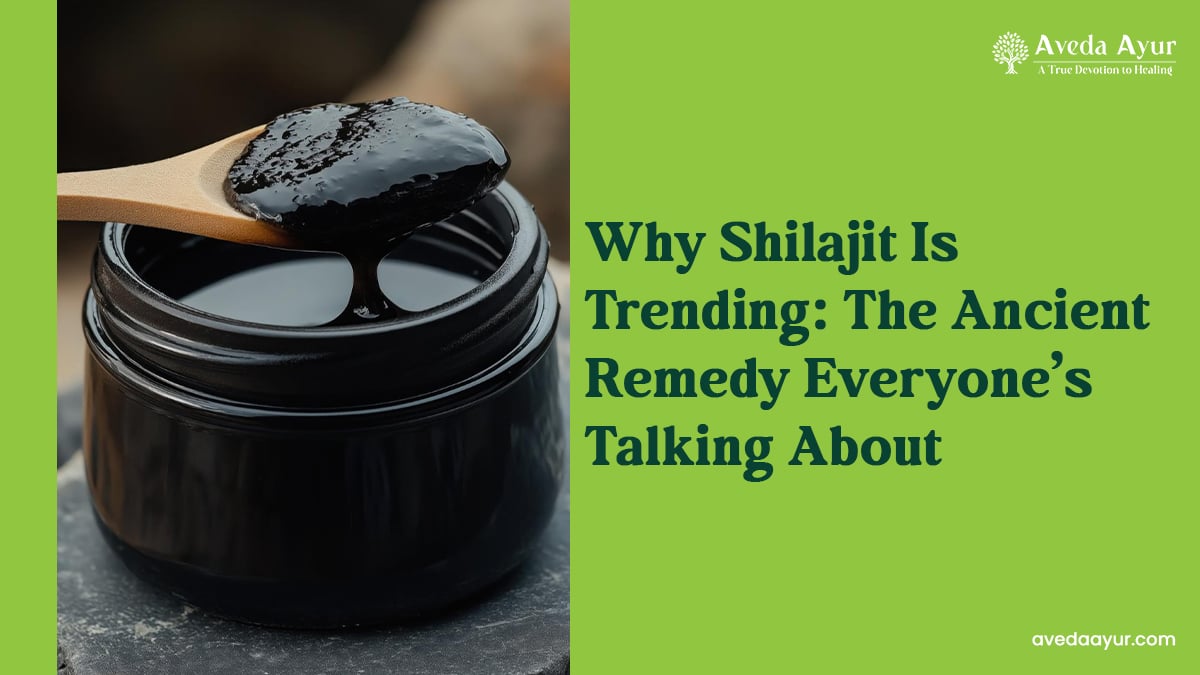Curcumin Herb, Medical Properties, Uses, Benefits, Dosage, and Side Effects
Curcumin is one of the most useful and famous herbs used in many forms and is available in everyone’s kitchen. This herb can be given through many routes like oral, local application, nasal, etc. In ancient times, it was used as a dye and later becomes famous because of its various medicinal values.
The most popular herb in religious ceremonies and wedding ceremonies shows its great importance in the Haldi ceremony of Hindu tradition. In the Tamil Nadu state of India, its rhizomes are used in the worship of Sun God (God Surya) during the Pongal festival. Nowadays, it is used in Indian cuisines, curries, pickles, salads, and canned food preservation.
Latin Name- Curcuma longa Linn.
Family- Zingiberaceae
Curcumin Names in different languages:
English name- Turmeric
- Hindi name- Hardi, Haldi
- Punjabi name- Haldar, Halaj, Haldi
- Telugu name- Pasupu kommulu, Pasupu
- Kannada name- Arishina
- Malayalam name- Manjal
- Gujarati name- Haladar
- Bengali name- Halud
- Marathi name- Halad
- Tamil name- Manjal
- Farsi name- Zardchob
- Arabian name- Kumkum
Synonyms in the Sanskrit language:
- Yoshitpriya- It is liked by women
- Kanchani- It is of golden color and brinks golden color to improve the skin and its glow
- Haridra- Cleanses skin and improves skin complexion
- Nisha- It is beautiful as a starry light
- Peeta, gauri- It has a yellowish color
- Krimighni- Relieves worms and treats microbial infestation
- Varavarnini- This herb imparts great color to the skin
- Hattavilasini- Value of the market/ shop increases if they sell turmeric
Categorization according to classical books:
According to-
Acharya Charaka:
Krimighna- Herbs which relieves microbial infection/worms infestation
Kandughna- Group of herbs which treats itching sensation
Lekhaneeya Gana- Herbs having scrapping action
Kushtaghna- Herbs that relieve skin disorders
Shiro-virechana- Herbs or group of herbs that eliminates toxins from the head
Acharya Sushruta-
Mustadi, Haridradi, Sleshmashamana (herbs that balance kapha dosha)
Acharya Vagbhatta-
Mustadi, Haridradi
——–Shloka—––

This shloka means that synonyms of curcumin are haridra, kanchani, peeta, nisha, varvarnini, krimighani, haldi, yoshitpriya, and hatvilasini. It is pungent and bitter in taste, dry, hot potency, decreases kapha and pitta dosha, increases skin complexion, treats skin diseases, diabetes, blood disorders, inflammation, anemia and wound.
(Reference: Bahavprakasha Nighantu- page no. 111 and shloka no. 116-117)
Curcumin turmeric varieties
There are mainly two varieties of turmeric curcumin found in texts- Haridra (Curcuma longa) and Daruharidra (Tree turmeric). In most medicines, these are used in combination for better results. Shodala nighantu has used both herbs as antidotes for various poisons.
Bhavamishra has also described Haridra (turmeric- Curcuma longa), Karpura haridra, amragandhi haridra (Curcuma longa), and Daru haridra (Berberis aristata)
Morphological characteristics
Curcumin is a perennial herbaceous plant that grows up to the height of 1 meter. Its leaves are smooth, green, alternate, tapering at both of the ends, and arranged in the two pairs. These are divided into leaf sheath, leaf blade, and petiole. Rhizomes are yellow to orange in color and are highly branched, cylindrical with an aromatic smell. Flowers bloom in the month of august and are hermaphrodite with dull yellow color and are arranged in the pair of five.
Meaning of Curcumin
It is a compound present in turmeric and it’s the main constituent in it which is used as a flavoring agent and dietary supplement.
Difference Between Turmeric and Curcumin
Turmeric is obtained from the roots of Curcuma longa and curcumin is the chemical constituent present in turmeric.
Chemical Constituents
Curcone, Cineole, Curcumene, Curzerenone, Procurcumenol, Curumenone, Curzerenone, Eugenol, Camphor, Epiprocurcumenol, Bornel, Camphene, Procurcumenol, Curcumin, B- sitosterol, Unkonan A, B and D, etc.
Curcumin Ayurvedic Properties:
Rasa (Taste)- Katu (Pungent) and Tikta (Bitter)
Guna (Quality)- Laghu (Light) and Rooksha (Dryness)
Veerya (Potency)- Hot (Ushna)
Vipaka (Undergoes taste conversion after digestion)- Katu (Pungent)
Karma (Effect on tridosha)- Because of its hot property, it balances vata and kapha dosha. Its dry nature, bitter and pungent taste balances kapha dosha. Its bitterness balances pitta dosha naturally. Hence from this, we can say that it can balance all three doshas.
These are the curcumin Ayurvedic properties that balance doshas and treat disease.
What does curcumin do for your body?
Curcumin lowers blood pressure, balances blood sugar levels, prevents cancer, curbs obesity, treats skin diseases, regulates PMS, etc.
Curcumin health benefits:
Premenstrual syndrome (PMS):
Curcumin shows effective results in PMS by regulating brain chemicals and being an anti-inflammatory it reduces inflammation. This herb stimulates contraction and increases uterine bleeding. It regulates the menstrual cycle and normalizes the menstrual flow naturally.
Skin diseases:
Curcumin Ayurvedic medicine works as a great and natural wound healer when we apply it topically. Being an active compound, it enhances the formation of granulation tissue, reduces inflammation, treats wound contraction, remodeling tissues, and formed new tissues. Its topical application helps in maintaining oil balance by regulating excessive sebum secretion in skin issues.
Curbs obesity:
Curcumin promotes weight loss by burning fat content and reduces the incidence of obesity-related diseases by the proliferation of fat tissues in the body. As an anti-inflammatory, this herb also suppresses inflammation in fat tissue.
Eye diseases:
Various eye disorders occur due to the abnormal functioning of specific retinal cells that are susceptible to oxidative stress. Because of the oxidant action, it shows augmentative and preventative therapy.
Cancer:
Curcumin has the potential to prevent cancer because it suppresses the initiation, progression, and metastasis of various tumors. It is also stated from various studies that it stops cancer cells division by inhibiting the supply of blood from blood vessels. It reduces the size of the lesion and it becomes dry when we apply it topically on the skin. Everyone uses curcumin as Ayurvedic medicine.
Arthritis:
In Arthritis, curcumin works as a bone tonic by protecting the bone from the various musculoskeletal system. As it is a natural anti-inflammatory and antioxidant it is useful in symptoms related to osteoarthritis, rheumatoid arthritis, ankylosing spondylosis, etc. It also works as a natural pain killer for treating pain naturally.
Diabetes mellitus:
Curcumin is a natural anti-hyperglycemic that reduces blood sugar levels and stimulates the production of insulin by promoting pancreatic activity. This herb also helps in balancing levels of type 2 diabetes mellitus by reducing insulin resistance and improving beta-cell function.
Hypertension:
Curcumin is an anti-inflammatory and antioxidant herb that helps to counter high blood pressure. This herb inhibits the ACE inhibition which is needed to produce angiotensin II that prevents narrowing of blood vessels and ultimately lowers the blood pressure.
These are the Ayurvedic benefits of turmeric that prevent various diseases.
How much turmeric (curcumin) is safe to take daily?
You can use a pinch of turmeric daily but not in summers as its excessive use can increase hotness in the body.
Note: Our purpose is to serve useful information related to haldi Curcumin‘s benefits, dosage, and other properties. It is advised to the patients not to consume Curcumin on the basis of this information. Before taking Curcumin as a medicine it is better to have an expert opinion because dosage and treatment vary from patient to patient depending on their symptoms and medical history.
Doctor Consultation Online: Get Personalized Consultation
At Life Aveda, we provide personalized online doctor consultations. In this, a doctor discusses the medical history of patients, does the root analysis on causes. After the deep analysis doctor suggest the necessary medication to the patient. To book a Consultation call on us at +91 7743002520 or click on the button to schedule an appointment with our expert doctors.
We Care For Your Health
- 100% PRIVACY PROTECTION
- VERIFIED DOCTORS
- QUICK RESPONSE










